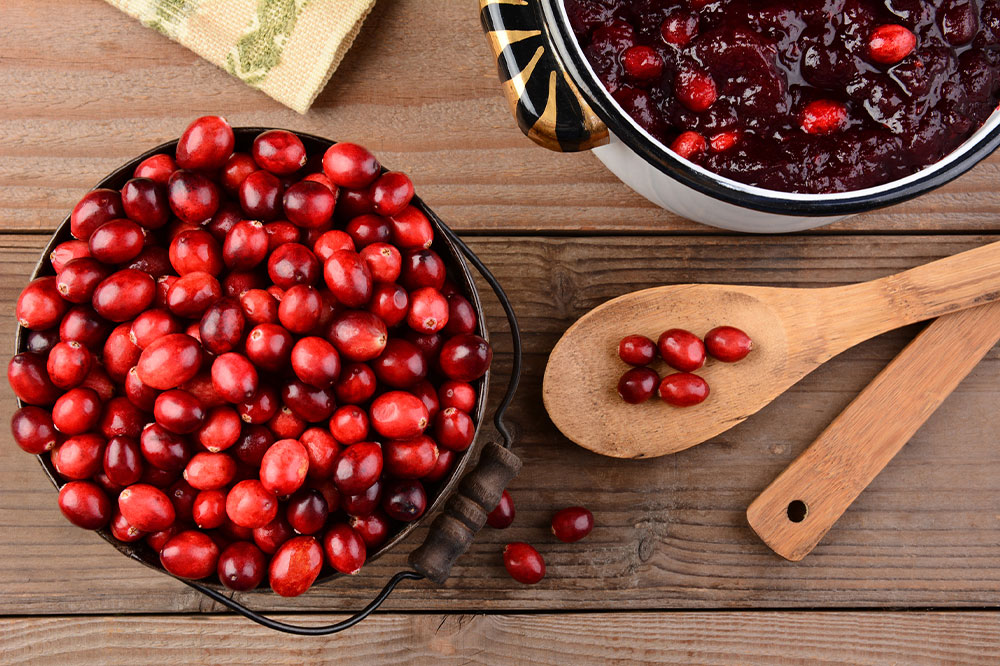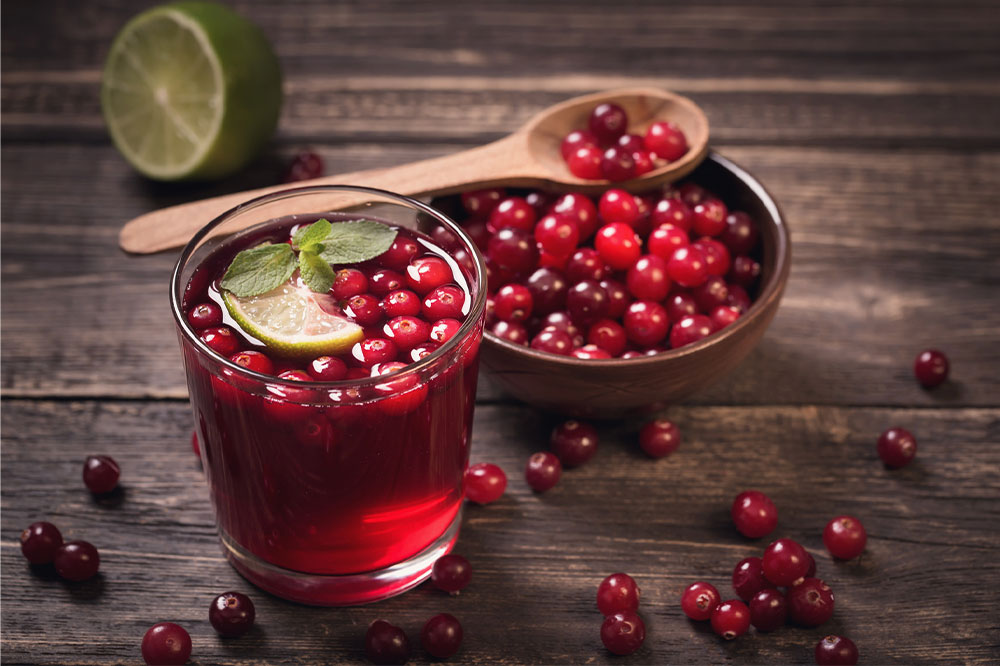Effective Nutritional Strategies to Prevent and Manage Urinary Tract Infections
Discover comprehensive nutritional strategies to prevent and manage urinary tract infections effectively. From cranberries and garlic to probiotics and omega-3 fatty acids, learn how dietary choices can enhance immunity, inhibit bacterial growth, and reduce recurrence. Combined with medical treatment, these tips offer a holistic approach to urinary health.

Comprehensive Dietary Approaches to Combat Urinary Tract Infections
Urinary tract infections (UTIs) are a common health issue that can significantly impact quality of life. They cause symptoms such as irritation, a frequent urge to urinate, abdominal discomfort, cloudy urine, burning sensations, fever, and sometimes urinary leakage. Recurrent UTIs are particularly troublesome, but understanding and implementing targeted nutritional strategies alongside medical treatments can greatly reduce the risk of infection and prevent recurring episodes.
Leveraging Cranberries to Prevent UTIs
Cranberries are well-recognized for their ability to prevent UTIs. These berries contain specific compounds, such as proanthocyanidins, which inhibit bacteria—especially E. coli—from adhering to the lining of the urinary tract. This adhesion prevention is crucial because it reduces the ability of bacteria to colonize and cause infection. To harness the maximum benefits, it is advisable to consume whole cranberries or dried cranberries without added sugars, rather than processed cranberry juices or candies, which often contain high levels of sugar that can promote bacterial growth. Regular consumption of cranberries has been shown to lower the recurrence rate of UTIs and support recovery after treatment.
Cinnamon: Nature’s Antibacterial Ally
Cinnamon possesses natural antibacterial and anti-inflammatory properties that can assist in fighting urinary tract infections. Studies suggest that cinnamon can inhibit the adhesion of E. coli bacteria to the bladder and urethral walls, preventing infection establishment and progression. Incorporate cinnamon into your daily diet by adding it to teas, smoothies, or recipes. For example, a warm ginger tea with a dash of cinnamon can serve as both a soothing and medicinal beverage, offering warmth and health benefits simultaneously.
Probiotic-Rich Foods for Gut and Urinary Health
Eating foods rich in probiotics provides beneficial bacteria that support a healthy gut microbiome. A balanced gut flora helps prevent the overgrowth of pathogenic bacteria that can cause UTIs. Yogurt (preferably plain and unsweetened), kefir, pickles, kimchi, sauerkraut, and other fermented foods are excellent sources. When choosing yogurt, opt for plain varieties to avoid added sugars that can promote bacterial imbalances leading to infections. Maintaining a healthy gut is crucial for immune support and reducing the likelihood of recurrent UTIs.
Vitamin C and Its Role in Urinary Health
Vitamin C is vital for immune function and can help create an environment in the urinary system that inhibits bacterial growth. Consuming foods high in vitamin C, such as papaya, broccoli, spinach, and kale, can increase urine acidity, making it less hospitable to bacteria. However, citrus fruits like oranges, lemons, and limes, despite high vitamin C content, are slightly more acidic and might worsen symptoms for some individuals with active infections. A balanced approach involves incorporating non-citrus vitamin C-rich foods into your diet while monitoring individual tolerance.
Garlic’s Powerful Antimicrobial Properties
Garlic contains allicin, a potent compound with antimicrobial effects capable of fighting bacteria responsible for UTIs. Consuming raw garlic ensures the highest allicin content and therapeutic effect. Including garlic regularly in your diet—for example, in salad dressings, soups, or as roasted cloves—can bolster your immune defenses and help in natural infection control.
Omega-3 Fatty Acids to Reduce Inflammation and Support Immunity
Omega-3 fatty acids, abundant in fatty fish like salmon, mackerel, and tuna, as well as plant sources like flaxseeds, chia seeds, walnuts, and olive oil, play a role in reducing systemic inflammation. Chronic inflammation can exacerbate UTI symptoms and hinder recovery. Incorporating omega-3 rich foods or supplements like fish oil capsules can enhance immune response, promote healing, and lower the risk of future infections.
Besides dietary modifications, medical interventions remain essential, especially for complicated or resistant UTIs. Healthcare providers may prescribe antibiotics or other targeted medications to eradicate bacterial infections fully. For resistant strains, newer drugs such as Fetroja (cefiderocol) can be effective. Ensuring complete adherence to prescribed treatment courses is vital to eliminate the infection completely and prevent recurrence. Always consult a healthcare professional before starting any supplement or significant diet change to ensure compatibility with your health conditions.





